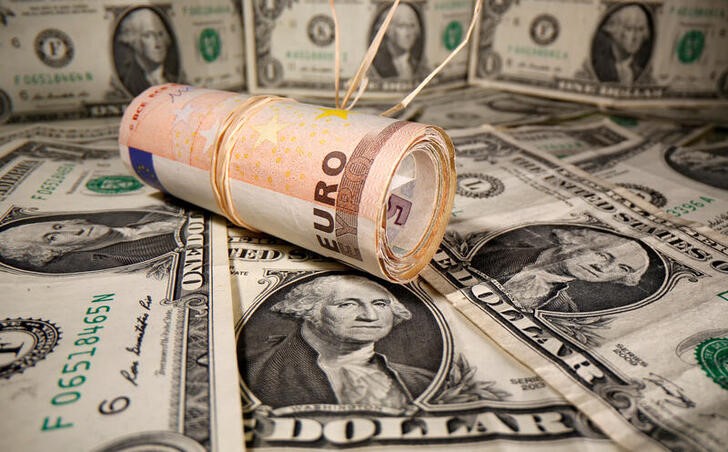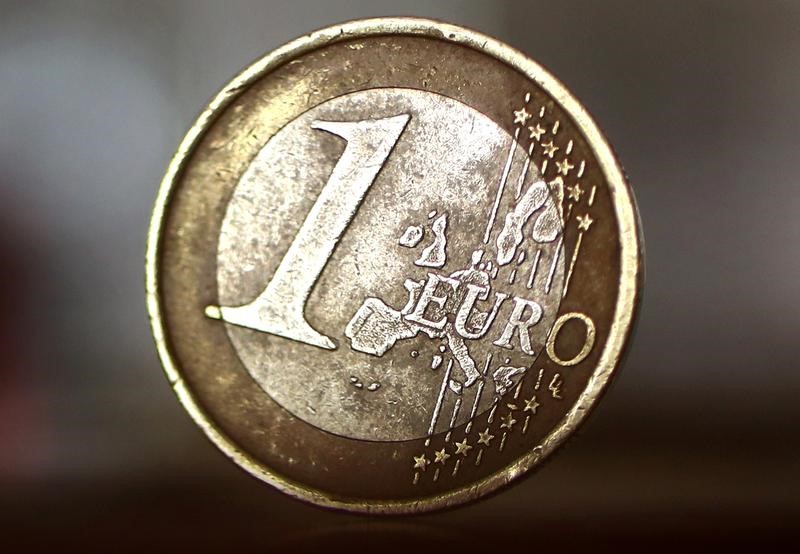By Hideyuki Sano
TOKYO (Reuters) - The euro held near multi-month highs against rival majors Thursday on expectations the European Central Bank will expand its bond buying programme later in the day to shore up the coronavirus-stricken economy.
The euro's strength helped to push the dollar's index against a basket of key currencies to the lowest level in nearly three months.
The euro stood at $1.12305 (EUR=), having risen to $1.1258 on Wednesday, its highest levels since mid-March and the seven straight session of gains.
Against the Japanese yen, the common currency rose to a 4-1/2-month high of 122.625 overnight and last stood at 122.41 yen (EURJPY=).
It also fetched 1.0798 franc (EURCHF=) on the safe-haven Swiss currency, having risen to as high as 1.0820, its strongest since Jan. 14.
The European Central Bank is widely expected to increase the size of its 750 billion euro ($669 billion) Pandemic Emergency Purchase Programme (PEPP) as early as Thursday.
The ECB delivers its policy decision at 1145 GMT and ECB President Christine Lagarde holds a news conference at 1230 GMT.
The currency has been bolstered by hopes for European Union-wide fiscal support measures after Germany last month threw its weight behind the idea of a European Union recovery fund, breaking away from its long-held tradition to resist moves towards fiscal integration in the currency bloc.
That has largely underpinned the euro's rise against the dollar for seven straight sessions until Wednesday, having gained 2.3% during this period.
"I suspect the market has already priced in an increase of about 500 billion in the PEPP and in the near-term, there is risk of a correction," said Masafumi Yamamoto, chief currency strategist at Mizuho Securities.
"The market could react positively if the ECB expands the target of its bond purchase or scrap its limit on each country. But in terms of the total size, it is hard to expect a positive surprise now," he said.
The dollar index (=USD) stood at 97.340, having fallen about 1% so far this week as broad improvement in risk sentiment, underpinned by reopening of economies globally, reduced the allure for the greenback.
On Wednesday data showed that U.S. private payrolls fell less than expected in May, suggesting layoffs were abating as businesses reopen, though the overall economy's recovery from the COVID-19 pandemic will be slow.
Predictably, the safe-haven yen also weakened during much of this period, and was last trading at 108.96 yen
Sterling was changing hands at $1.2576
Britain is expected to indicate flexibility over fisheries and trade rules if the European Union agrees to lessen its demands regarding regulatory alignment and fishing access, the Times newspaper reported on Tuesday as a new round of talks kicks off.

Britain has until July 1 to ask for an extension to the current transition period, which ends in December.
